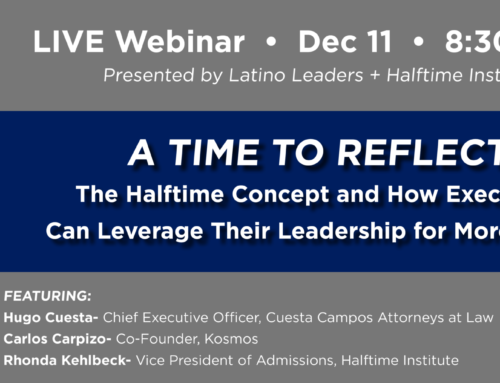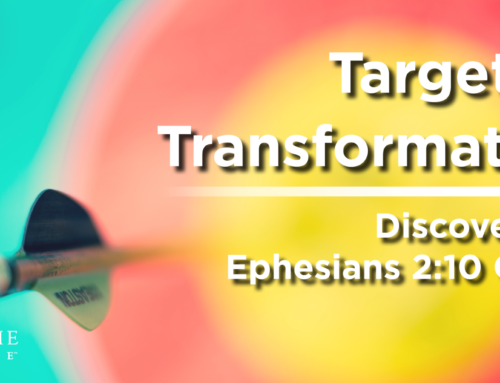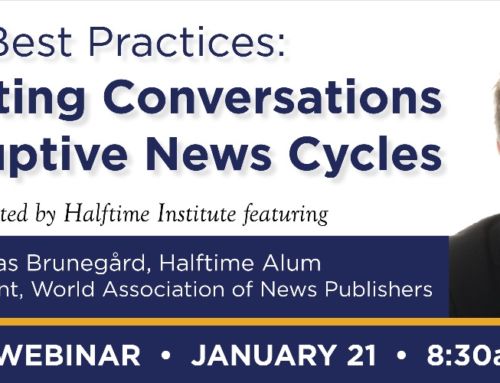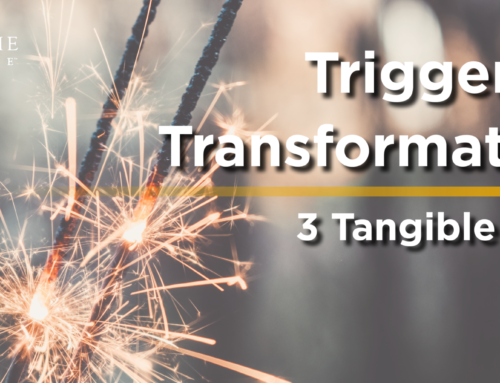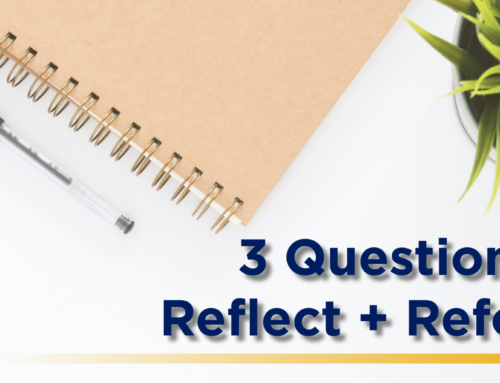Do you know what you were put on this earth to do?
I believe God wants us to be self-aware, to know ourselves and how fearfully and wonderfully we are made. Most people are not aware of how they are wired, their unique strengths, talents and gifts. Figuring those things out takes time and focus. And, it’s harder to find time and focus in a world where we are constantly interrupted. It’s possible to do, though, if you make it the goal. And, if you do figure all of this out there are great benefits for you and those around you.
That kind of self-awareness is about more than just knowing your skills and talents. It’s about knowing how you relate to God, how you communicate with others, how you think and process information, what things you avoid, what you are passionate about, and other components that are unique to you. It is about rediscovering, reorienting, and releasing your truest, best self to the life and mission God has called you to fulfill.
When you can focus your best skills on the things you are most passionate about, you will most definitely experience a new level of joy that has previously only been sporadic or has completely eluded you. You’ll be zeroing in on your calling—the good works planned in advance for you (Eph. 2:10).
But our lives are made up of more than our work and service. Self-awareness affects our communication style, our decision-making, and our attitudes about money, marriage, parenting, and health. Knowing how we are wired can empower us to make thoughtful changes that will improve the full spectrum of our lives.
Lack of self-awareness not only contributes to the frustration we sometimes feel on a particular day, but it can also lead to a lifetime of regret.
After spending a number of years tending to the needs of people who were dying, Bronnie Ware wrote The Top Five Regrets of the Dying. The most common regret of the people she worked with? “I wish I’d had the courage to live a life true to myself, not the life others expected of me.” Of course, we can’t be true to ourselves if we don’t know ourselves.
Higher levels of self-awareness open the door to a life of joy and purpose and impact. It is believed that St. Catherine of Sienna wrote, “Be who you were created to be and you will set the world on fire.”
Talk to any life coach and they’ll tell you that the pattern that leads to a midlife crisis is incredibly consistent: People start out with lofty dreams and aspirations in their high school and college years, but work, mortgages, ambition, responsibilities, toys, fears, and obligations slowly creep in and overwhelm them.
Twenty-five years later, they pop their heads up from their desks and wonder what in the world has happened to them. Somewhere along the way they let the everyday stresses and influences of life change them to the point where they couldn’t recall who they were and what they cared about at the beginning of the journey.
It happens to all of us.
We’ve layered other peoples’ agendas onto our lives and created the False Self. But most don’t know it’s their False Self because it has slowly become the only identity they know.
We need to get back to God’s plan for our lives by reacquainting ourselves with who God designed us to be. For people trying to make this change, it seems like they are leaving their real self, but they are actually returning to their real self.
Deep courage, transparent honesty, and the conviction of God’s love are the necessary ingredients for a life well-lived.
Our experience at the Halftime Institute is that it is next to impossible for people to reach resolution on all those issues on their own. We find that they need a proven process, a coach, and most often a cohort of other individuals who are serious about the halftime journey as well.
If you’d like to explore how we help people with those elements, check out our programs or set up a time to speak with our Vice President of Admissions, Rhonda Kehlbeck.


